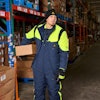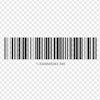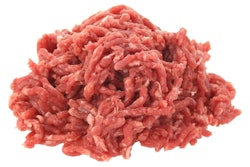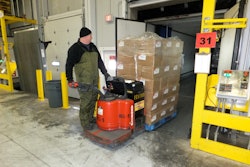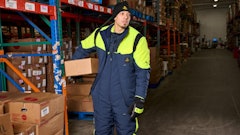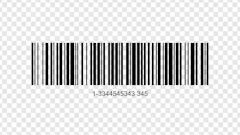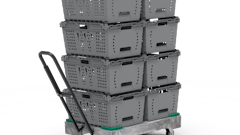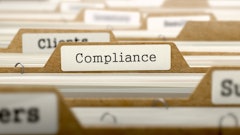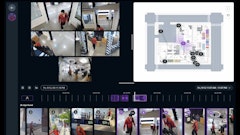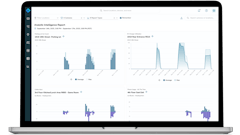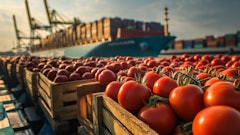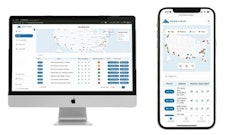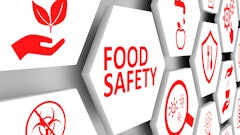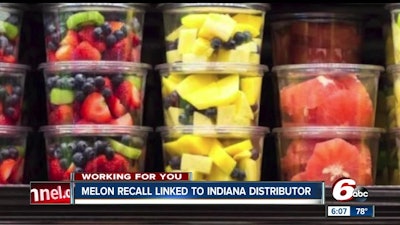
The U.S. Food and Drug Administration (FDA) will now release the names of retailers associated with severe foodborne outbreaks during recall events, FDA Commissioner Scott Gottlieb said in a statement Wednesday.
The agency has not traditionally released lists of specific retailers where recalled foods may have been purchased because Gottlieb says certain supply chain information is confidential between the supplier and retailer. Moreover, in most cases, he says, information publicized by the recalling company is sufficient to allow consumers to identify and avoid recalled product.
"But there are some cases where additional information about the retailers selling potentially harmful product may be key to protecting consumers, such as when the food is not easily identified as being subject to a recall from its retail packaging, and the food is likely to be available for consumption," Gottlieb says, adding, "It is particularly important in situations where the product has already been linked to foodborne illness. In these situations, providing retailer information can help consumers more quickly and accurately recognize recalled product and take action to avoid the product or seek assistance if they’ve already been exposed."
The FDA plays an important role in working with food producers on voluntary recalls, and when necessary, mandates recalls in order to keep consumers from getting sick.
"Americans depend on the U.S. Food and Drug Administration to help ensure that the foods they buy and consume are safe. When we learn that potentially dangerous food products may be available in the U.S. marketplace, we must move quickly and efficiently to remove these food products from the market," says Gottlieb. "We recognize that an important part of the recall process is also arming consumers with actionable information that they can use to avoid potentially contaminated food products. We’re committed to providing consumers with more information to take these actions."
When a food recall is initiated, the FDA typically works with companies to publicize labeling information, product descriptions, lot numbers, as well as photographs and geographic or retail-related distribution information. With its new policy to release the names of retail locations where contaminated food was sold, the agency aims to enable consumers to identify whether they have the recalled product and take appropriate actions. That often includes discarding the product or returning it to the place of purchase.
A draft guidance of the new policy describes situations when disclosing retail information for products undergoing recalls is appropriate. The retail locations that may have sold or distributed a recalled human or animal food will be made public in situations associated with the most serious recalls. Situations, Gottlieb says, where consumption of the food has a reasonable probability of causing serious adverse health consequences or death to humans or animals.
Gottleib adds that retail consignee lists will also be publicized for food recalls when the food is not easily identified as being subject to a recall from its retail packaging, or lack thereof, and if the food is likely to be available for consumption. Some examples of this may include foods sold directly to consumers with no universal product code or UPC, or bar code. This might include deli cheese, nuts, rawhide chews, or pet treats sold in bulk and fresh fruits and vegetables sold individually.
The new draft guidance also states that the FDA may disclose retail consignee lists in certain recall situations, including when a recalled food is related to a foodborne illness outbreak and where the information is most useful to consumers. For example, the FDA might release retailer information for a packaged food that was distributed in a particular geographic region or through a particular online retailer if providing that information could help consumers protect their health and well-being from a recalled food potentially purchased at one of these establishments.
In recent months, the FDA has already begun taking actions that align with this approach. For example, this summer the agency released detailed retail distribution information by state during a recall of pre-cut melon associated with an outbreak of Salmonella infections.
"We believe that providing retailer information for certain recalls will also improve the efficiency of recalls by helping the public to identify and focus on the foods that are recalled," says Gottleib. "Identifying retail locations can be complex. It can involve obtaining information from multiple parts of the supply chain, including the recalling company and intermediate distributors. But we also know this information can be very important to consumers. Knowing where a recalled product was sold during the most dangerous food recalls can be the difference between a consumer going to the hospital or not. While we can’t prevent every illness, we can make sure we provide information to consumers to prevent more people from becoming sick from a recalled or hazardous food product."
